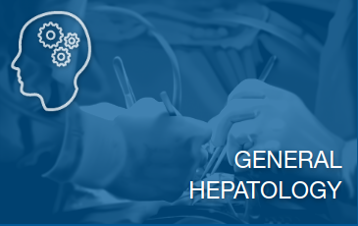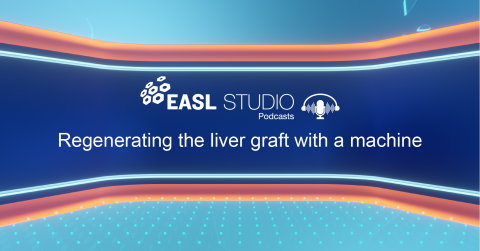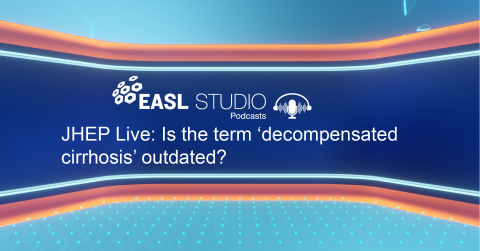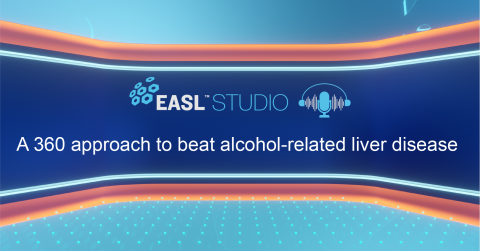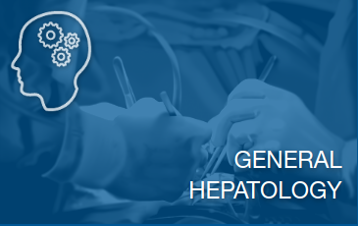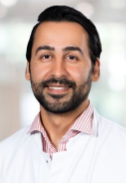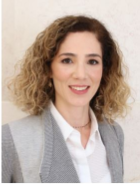Description
Advances in molecular biology have made it possible to identify genetic causes of liver dysfunction in adults. Early detection of liver diseases can prevent long-term organ damage. However, two questions remain, who should be tested and when? Watch this episode for the expert discussion.
Faculty
- Prof. Verena Keitel (Moderator)
- Prof. Pavel Strnad (Faculty)
- Prof. Luca Valenti (Faculty)
- Prof. Silvia Vilarinho (Faculty)
Related episodes
S2E1 – New treatment options for hereditary cholestasis syndromes: A game-changer?
S3E3 – Primary biliary cholangitis: A look at the future landscape of therapy for patients
S3E10 – Cholestatic pruritus: Can the itch be ditched?
ℹ️ Please click here to access the podcast version of this EASL Studio episode.
This episode is supported by grants from Albireo and Takeda Development Center Americas, Inc. Albireo and Takeda Development Center Americas, Inc. have had no editorial control over the content featured.


